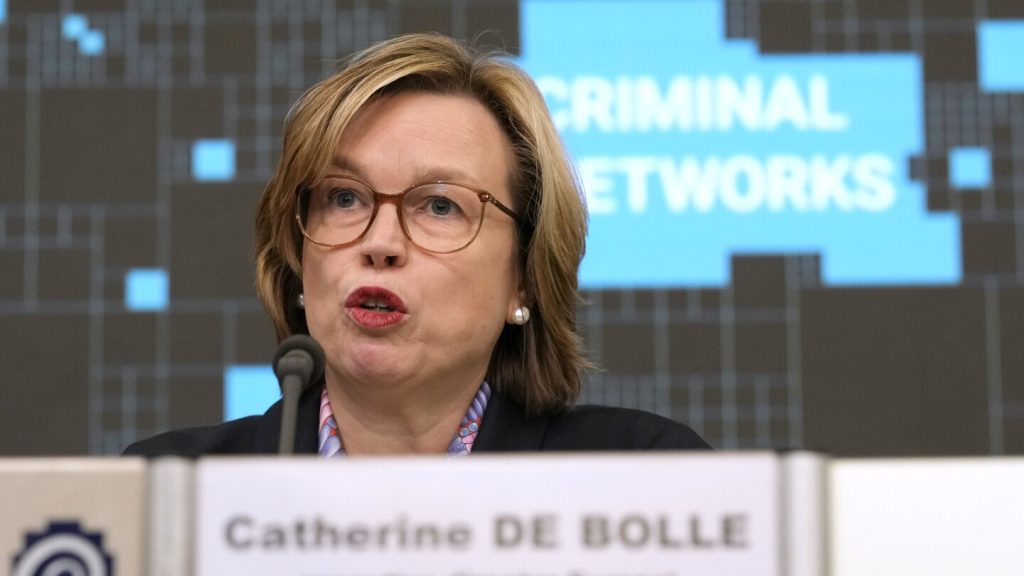Europol, the EU crime agency, released a report on Friday detailing the infiltration of legal businesses by criminal networks in the European Union. The report identified 821 criminal networks with over 25,000 members, with 86% of them able to hide their activities and launder their profits through the legal economy. One example cited in the report was an Italian businessman of Argentinian origin based in Marbella, Spain, who specialized in drug trafficking and money laundering while owning various businesses in the EU.
The report also highlighted the involvement of families from the ‘Ndrangheta organized crime syndicate in Europe. Known for drug and arms trafficking, as well as tax fraud, these criminal networks invest their profits in various sectors across Europe, such as real estate, supermarkets, hotels, and commercial activities. The networks consist of members from 112 nationalities, showcasing the borderless nature of their operations, while maintaining a strong geographical focus on their core activities.
Drug trafficking and corruption are the main concerns for EU officials, as record amounts of cocaine are seized in Europe and drug-related violent crime increases in countries like Belgium and France. Half of the criminal networks identified are involved in drug trafficking, either as their primary activity or part of a larger portfolio. Additionally, over 70% of these networks engage in corruption to facilitate criminal activities or obstruct law enforcement efforts, while 68% use violence and intimidation as part of their modus operandi.
In Belgium, particularly in the port city of Antwerp, gang violence has been prevalent due to its status as a main gateway for Latin American cocaine cartels entering Europe. With drug use on the rise, federal authorities in Belgium warn that trafficking is rapidly spreading throughout society. The European Commissioner for Home Affairs, Ylva Johansson, emphasized that organized crime poses a significant threat, with corruption and extreme violence impacting society. Europol plans to share the data from the report with law enforcement agencies in EU member countries to aid in targeting and combating criminal networks more effectively.


